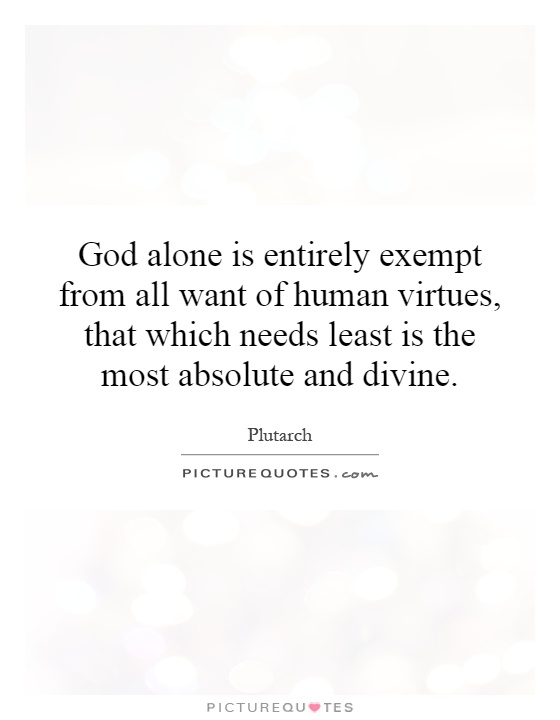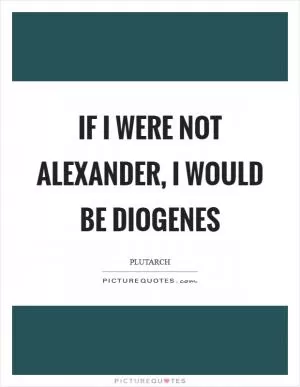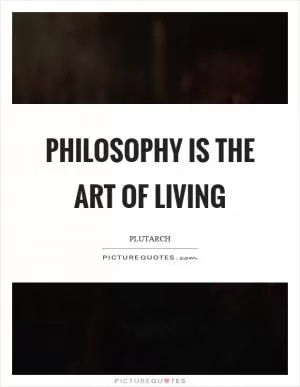God alone is entirely exempt from all want of human virtues, that which needs least is the most absolute and divine

God alone is entirely exempt from all want of human virtues, that which needs least is the most absolute and divine
Plutarch, a renowned ancient Greek philosopher and biographer, believed that God alone is entirely exempt from all want of human virtues. In his writings, Plutarch often emphasized the idea that the divine is perfect and complete in itself, lacking nothing and needing nothing from the world or from humanity. This concept is reflected in his statement that "that which needs least is the most absolute and divine."Plutarch's belief in the perfection and self-sufficiency of the divine can be seen in his various works, where he explores the nature of gods and their relationship to humanity. He believed that the gods, being immortal and eternal, are not subject to the same limitations and imperfections as humans. They do not require the virtues that humans strive for, such as courage, wisdom, or justice, because they are already complete and perfect in themselves.
Plutarch's idea that "that which needs least is the most absolute and divine" can be interpreted as a reflection of his belief in the transcendence and superiority of the divine over the human. He believed that the divine is beyond the reach of human understanding and comprehension, existing in a realm of perfection and completeness that is beyond the limitations of the mortal world.












 Friendship Quotes
Friendship Quotes Love Quotes
Love Quotes Life Quotes
Life Quotes Funny Quotes
Funny Quotes Motivational Quotes
Motivational Quotes Inspirational Quotes
Inspirational Quotes